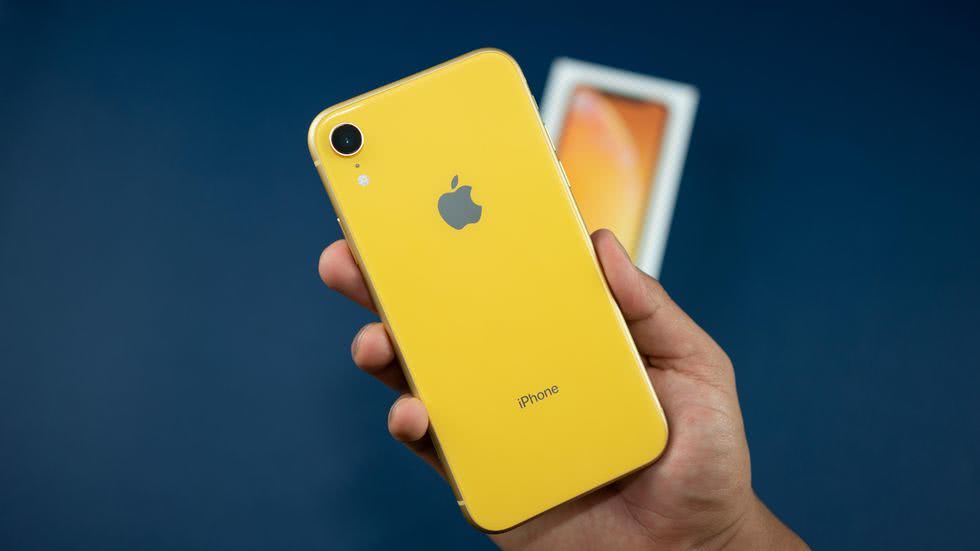To check if it contains something that is not legal, such as child abuse.
Editor’s note: This article comes from Tencent Technology , author Silicon Valley Analysis Lion.
According to foreign media reports, Apple has confirmed that photos, videos and other content uploaded by users to iCloud will be scanned. This is not to steal user privacy, but to check whether it contains some illegal content. Things like child abuse.

Although Apple confirmed the above behavior, they did not disclose the specific scanning method.
In fact, before this, Jane Horvath, Apple ’s chief privacy officer, also said in a media interview that Apple would scan photos uploaded to iCloud, which is responsible to users and to themselves. .
Since last year, Apple has changed its privacy policy, noting that images may be scanned for child abuse material. On the Apple website, there is a disclaimer that states:
Apple uses image matching technology to help detect and report child abuse. Just like spam filters in emails, our system uses electronic signatures to find suspicious child exploitation. Accounts with child exploitation content violate our terms and conditions of service, and we have found that any accounts related to this material will be disabled.
In fact, in addition to Apple, Facebook, Twitter, and Google have also used a tool called PhotoDNA developed by Microsoft to check pictures against a picture database.
For Apple, the challenge is to strike a balance between law enforcement and privacy. For example, through the above excuses, whether it is possible to scan a large amount of user data to find wrongdoers is a relatively complicated issue that the outside world is keen to discuss. topic.
Last week, Apple released a transparency report that included details on the number and types of user information the company received from governments and private organizations around the world. Apple states that it shares user data with the U.S. government in up to 90% of cases, so Americans don’t have to choose between weakening encryption technology and detecting criminal casesSelect.
Apple also stated that when law enforcement officers suspected of illegal activity, the information they asked for would usually include “details of the user’s iTunes or iCloud account, such as name and address,” and occasionally “iCloud content, such as Stored photos, emails, iOS device backups, contacts or schedules. ”
For 90% of these requests, Apple provided certain information about the account to the US government, up from 88% in the previous reporting period. Apple also said that the requests involved more than 15,301 user accounts, setting an all-time high.
Apple has always been very firm in user privacy, and Cook reiterated that Apple has a responsibility to protect the personal data and privacy of Apple users. For example, they previously rejected the FBI’s request to unlock the iPhone. .
Cook is even more blunt and does not worry about Apple ’s relationship with China. China has never asked Apple to unlock the iPhone. “But the United States has asked for it.” He added, “We are firmly opposed to this and say we ca n’t. Yes, our privacy promise is global. “